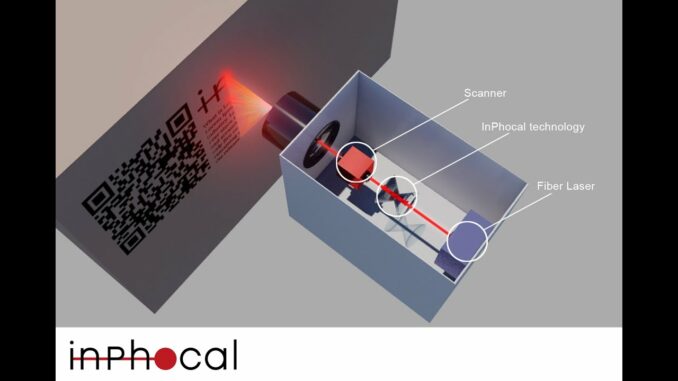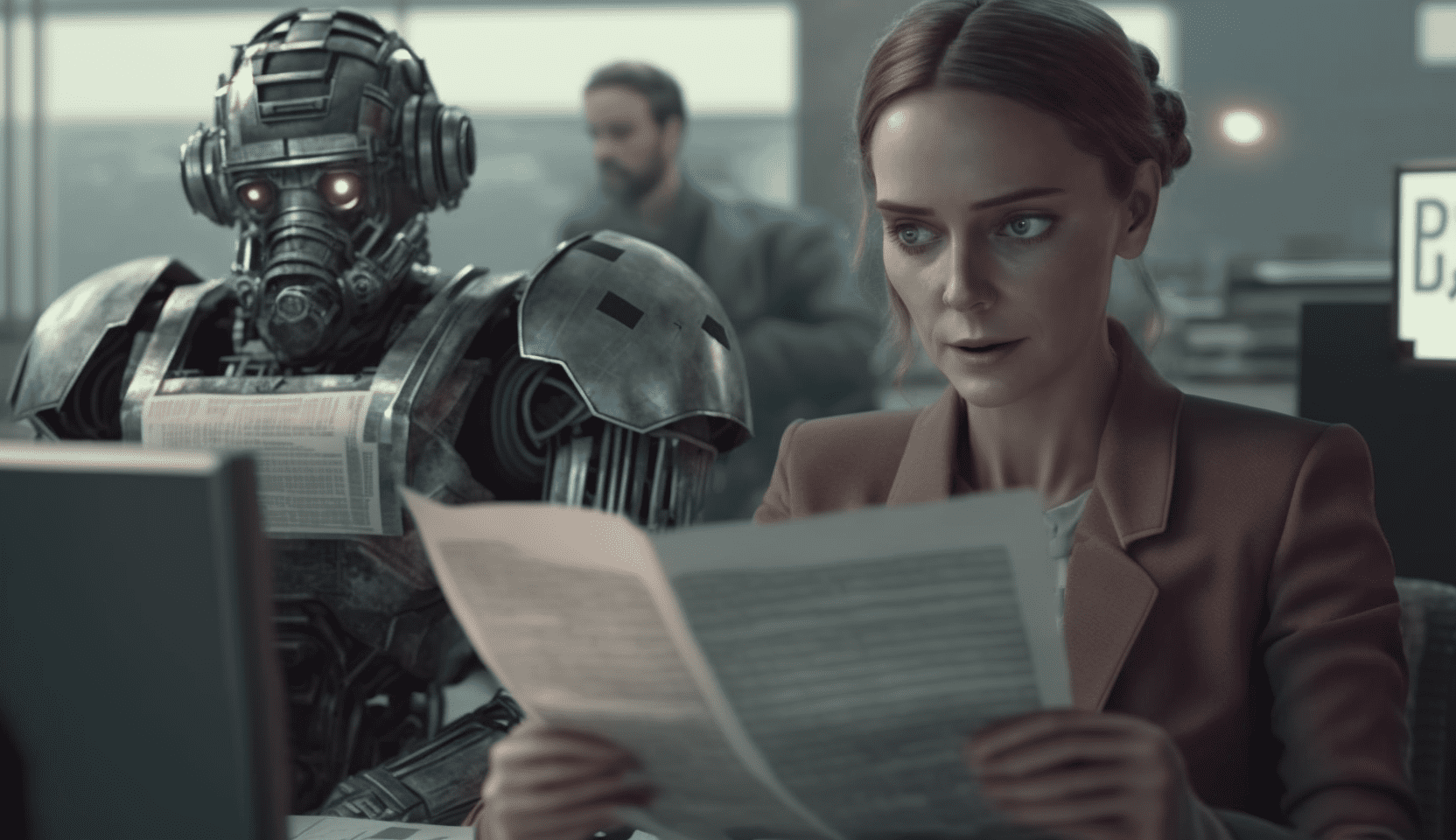
About Autoscriber
- Founders: Jacqueline Kazmaier and Koen Bonenkamp
- Founded in: 2021
- Employees: 7
- Money raised: Autoscriber prefers to keep this private
- Ultimate goal: A world in which doctors can focus one hundred percent on their patients and make the most accurate diagnoses possible with the help of structured data
The pressure on healthcare providers is getting worse. Doctors are unable to give their patients their full attention because they spend a lot of time doing administration. Jacqueline Kazmaier and Koen Bonenkamp came up with a solution to this: Autoscriber. This is a tool that alleviates the pressure on healthcare professionals with the help of speech recognition software. Co-founder Jacqueline talks more about it in this instalment of Start-up of the day.
With its Speech-to-Text solution predicated on Machine Learning, Autoscriber helps reduce the time doctors spend on administrative tasks by 25 percent. Autoscriber automatically fills in the required fields of the Electronic Patient Record (EHR). This frees doctors up to focus more effectively on their patients.
How did you come up with the idea of Autoscriber?
“I was working at the consultancy firm KPI that Koen founded. We then came into contact with a medical center,” Jacqueline Kazmaier explains. “The whole idea came from the collaboration between us and that medical center. Actually, the initial idea came from a doctor. The administrative process was causing a lot of frustration. And then along came the idea that AI could solve this problem.”
“Then we started working together more and more to try and figure out an efficient solution to this problem by using speech recognition and NLP technology. The first version of Autoscriber turned out really well. We understood the impact it could have if we developed it into a proper product. We decided we needed to scale this up so that it could be used by healthcare centers, hospitals, and general practitioners.”
“What Autoscriber does is automatically pick out administrative data and other essential data from a conversation between doctor and patient and then inputs it into the system. This is all done in real-time. And in a highly structured way. Because a doctor only has a few minutes to jot down a few lines of text.”
What is the rationale behind Autoscriber?
“At first, we focused on making the administrative process more efficient. After a lot of research, however, we discovered another major problem: the quality of the data in healthcare providers’ systems. In effect, a lot of data is not recorded in a suitable format for subsequent analysis or to facilitate precise, data-driven healthcare.”
“More and more automated systems are being introduced in healthcare. These are nevertheless reliant on good and structured data. At the moment, however, they tend to be rather unstructured. What Autoscriber does is, on the one hand, alleviate some of the pressure that doctors have due to all the administrative, and on the other, it improves the quality of data.”
How far along are you in enabling your AI software to understand a conversation between patient and doctor?
“Our software basically can already understand a conversation. It’s already good enough to provide added value, although still not perfect. Especially when you consider how much time and effort it takes for doctors to fill in all that patient data in a structured way. The amount of information we can already fill in correctly in a structured format is enough to save a lot of time.”
“Our software is a combination of speech recognition and NLP. I also think this sets us apart from our competitors. A lot of different players on the market are either working with speech recognition or just with NLP technology. We do both.”

What are your goals for the future?
“We see our software as a category that is going to become a new type in itself. We have the ambition to become the market leader in this new category of digital healthcare systems. As such, we are focusing on the administrative aspect of the workflow of doctors. However, we want to do more than just help physicians take notes. If our system really understands properly what is said during such a doctor’s consultation, it could eventually make recommendations based on that as well. This will ultimately enable a doctor to work even more efficiently.”
“This involves, for instance, making diagnostic predictions or other recommendations concerning efficiency. This lets a doctor focus one hundred percent on their patient.”
In this respect, privacy seems to be an important part of the process. Has that been another challenge that you have run into?
“I think we have to deal with privacy laws and regulations far more compared to other start-ups. Obviously, we take privacy extremely seriously because we are dealing with sensitive patient data. Consequently, in comparison to other start-ups, we had to go through a lot more processes to ensure that the software is trustworthy and secure.”

What does winning the Gerard & Anton award mean to you?
“I think it’s a tremendous honor. The High Tech Campus and the whole ecosystem that we are part of are very inspirational and also really helpful. It feels great to be recognized in that community and it motivates us to keep on going. It’s a fantastic achievement and I believe it’s already a big win for us to be in the top ten alongside the others. It’s a huge motivation to carry on.”

What tips do you have for other start-ups?
“I think you should never underestimate the power of a good network. I think we have been incredibly lucky with all the hospitals in our network and how they have helped us to succeed. It’s also good to keep in mind that setting up a business is a marathon and not a sprint.”









